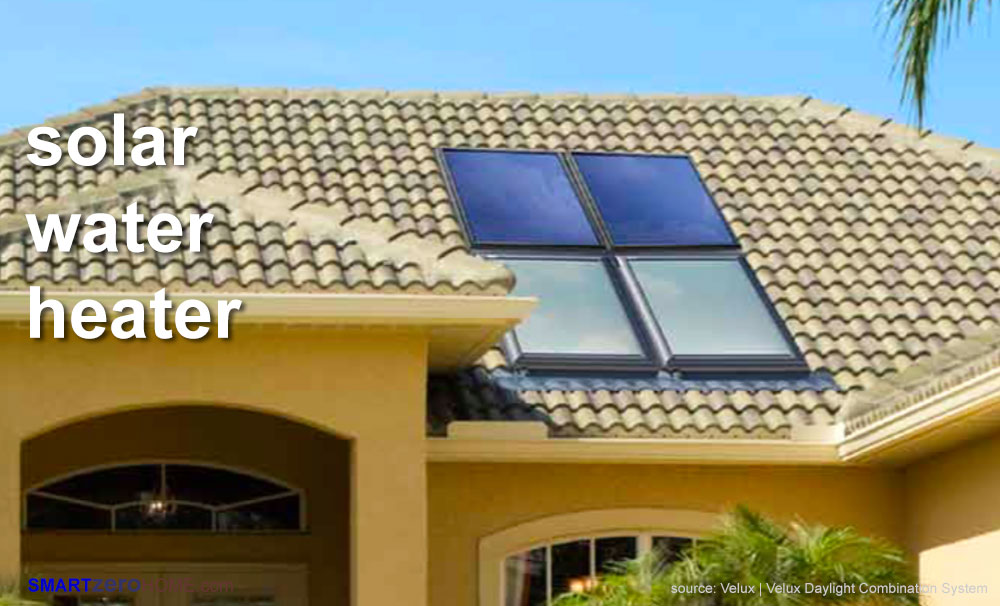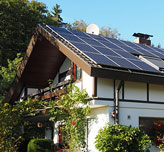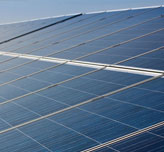SOLAR > SOLAR WATER HEATER

Purchasing a Solar Water Heater 101
Deploying solar water heaters can be an effective strategy for reducing your energy bills and your carbon footprint. However, in most cases a solar water heater cannot be the only water heater in the home as it will not function in the absence of the sun (cloudy days and night), and should be coupled with another electric or gas based water heater to ensure a supply of hot water at all times.
Here are the factors to consider when purchasing a solar water heater:
1) Your Need: The size and the type of solar water heater system, will depend on your need and the usage pattern. As discussed earlier, in most cases a solar water heater should be coupled with another gas or tankless water heater that serves the role of a primary water heater or the back-up water heater, depending on your need and usage. You can also find solar hybrid water heaters that have both the solar as well as the gas/electric components in the same unit.
The percentage contribution of the solar in water heating, is measured by ‘Solar Fraction’ values (from 0 to 1.0 (a solar water heater combo with 0.5 solar fraction value, will have a 50% water heating contribution from solar)). The solar fraction value is used by utilities and the government to determine the eligibility of your solar water heater system to qualify for the available incentives.
2) Solar Insolation & Your Climate: The effectiveness and the design and size of your solar water heater will depend on the solar insolation (how much sun you get) and the climate. For example, in warm climates, one can use the solar water heater as the primary water heater.
3) Efficiency: A solar water heater’s efficiency is measured by the ‘Solar Energy Factor (SEF)’. A solar efficiency factor is the measure of the efficiency of the solar water heater. Higher the number, more efficient is the system. A system above 3 SEF is a high efficiency system.The size and the type of solar water heater system, will depend on your need and the usage pattern
4) Purchase Economics & Incentives: You should check out the local and federal incentives available for installing a solar water heater. A number of utilities also offer large incentives to install the solar water, that knock of most of the upfront cost of the system. The overall economics for you are driven by the savings(over 30% water heating savings), the available incentives and the previously mentioned 3 factors.
See the top 5 solar waters available in the market today for your home.








